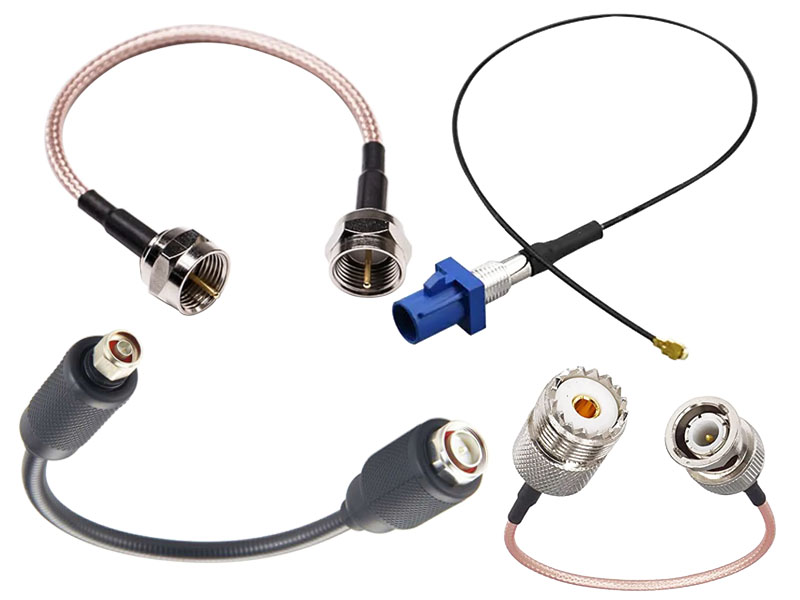-
We’re On Call 24/7 : +8613538296050
-
E-mail : anna@rohoconnector.com
We’re On Call 24/7 : +8613538296050
E-mail : anna@rohoconnector.com
The RF coaxial connector is a functional component that relies on electrical signals or mechanical forces to connect, disconnect, or switch circuits. It transmits data electrical signals or electron energy. Thus, RF connectors can be found in locations where electronic systems exist. In large and medium-sized electronic systems, hundreds of RF coaxial connectors are required. It can be said that the RF coaxial connector is one of the key components to ensure the safe operation of various electronic systems.
There are several major factors in choosing an RF coaxial connector:
1.Interface mechanism form: The connection mechanism of the connector not only provides convenient and rapid connection and separation of the same transmission line, but the core is the electrical performance and environmental protection device to ensure stability. When used at very high frequencies, it is necessary to connect the connectors reliably and securely. When there is not enough space in the application of the connector to rotate the coupling nut, a non-twisting connection mechanism should be used. The remaining factors to be considered include: the strength of damage resistance during impact and shock periods, the ability to connect and maintain and their ability to work under harsh conditions.
2.electrical performance aspects:
I. characteristic impedance - the connector should match the impedance of the transmission system and cable, the characteristic impedance will not match
The performance of the system is declining.

II. Withstand voltage - The maximum withstand voltage of the connector should be the same as the withstand voltage standard used by the system.
III. Working frequency--Each connector is the highest frequency limit, and it is suitable for different adaptability standards.
Let's take a brief look at the terminology of RF coaxial connectors.
Connector parts: electrical contacts, contacts, male contacts, female contacts, non-polar contacts, elastic contacts, inner conductors, outer conductors, insulators.
Connectors: cable connectors, interfaces, types, varieties, specifications, models, grades, universal connectors, high performance connectors, standardtest connectors.
Structure: Pin connector (male connector), jack connector (female connector), free connector, fixed connector, triaxial connector, sealed connector, barrier seal, panel seal, etc.
Electrician: nominal value, rating, limit value
Terminology: contact resistance, dielectric withstand voltage, insulation resistance, discharged level, reflection coefficient and voltage standing wave ratio, return loss, insertion loss, standard gauge retention, center contact retention, meshing force and Separation force, cable retention, cable clamping mechanism (device) strength, connection mechanism strength, normal connection torque, and connection endurance distance.